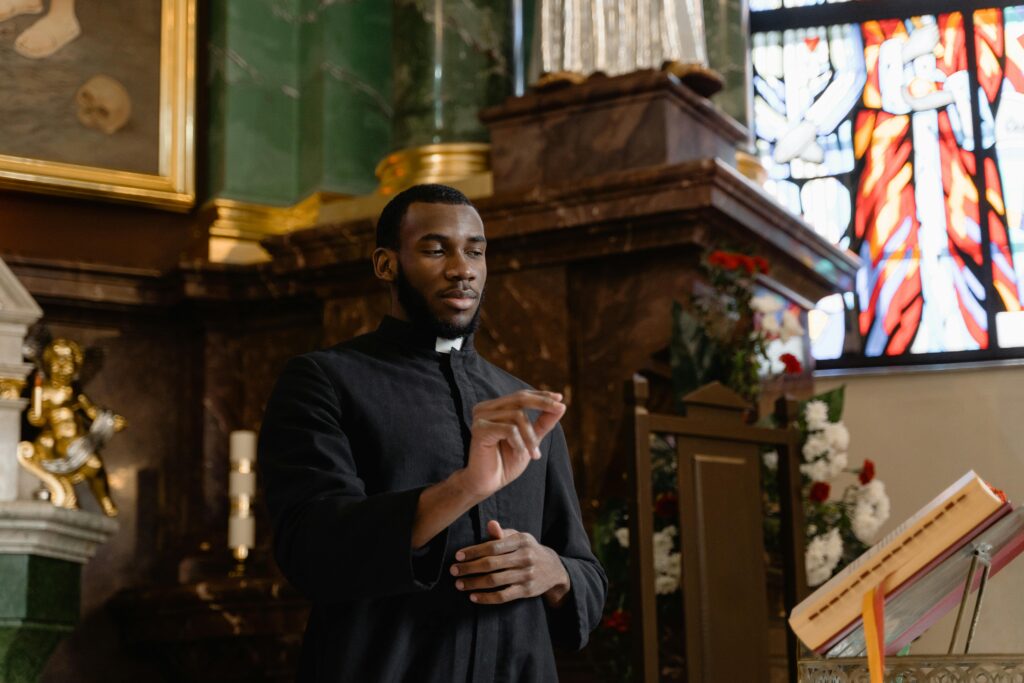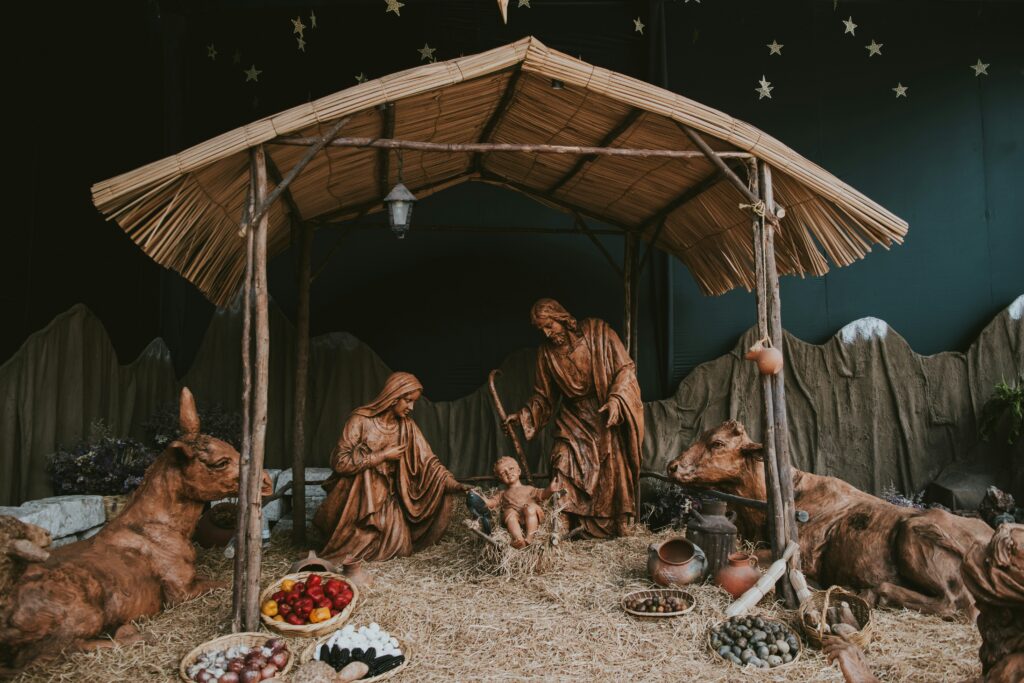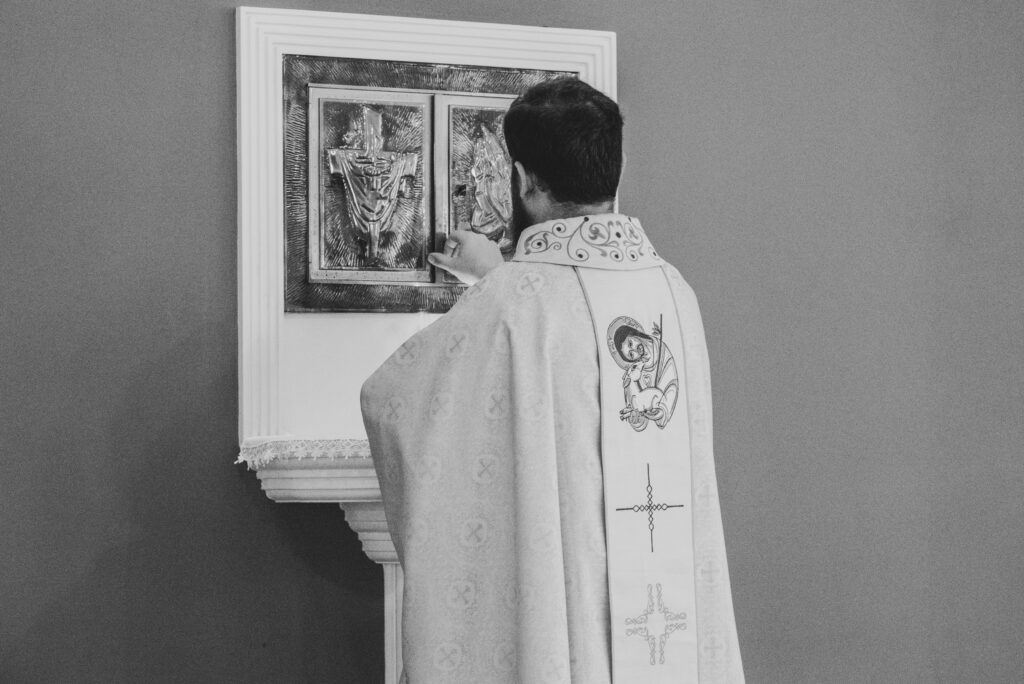4 Things Catholics Might Not Know About Advent
Written by catholicradio on December 16, 2024
Advent is one of the most beautiful and meaningful seasons in the Catholic Church, yet many of its rich traditions and profound symbolism often go unnoticed. It’s a time of joyful anticipation, reflection, and preparation—not just for Christmas, but for something even greater. In this post, we’ll explore four things Catholics might not know about Advent, from its similarities to Lent to its role in preparing us for Christ’s Second Coming. Dive in and discover how this season can deepen your faith and help you grow closer to Jesus!
1. Advent Has Elements in Common with Lent in the Catholic Church
Lent and Advent are sometimes mistaken one for the other. In fact, there are ways that they are similar:
- Both are seasons in the liturgical year.
- Both focus on preparation and are penitential. (Advent in days past was known as a “mini Lent”. You can’t have a feast if there’s been no fasting.)
- Both are represented by shades of purple in the liturgical calendar.
- Both lead up to one of the most significant holy days of the church year.
However, what distinguishes Lent from Advent is:
- Lent is more about penance, and Holy Week begins the countdown to Jesus’ Passion and death on the cross. Advent focuses on the culmination of prophecies and preparation for the birth of the Savior, first made known in Genesis 3:15.
- Although violet is the official color for Lent and Advent and represents royalty and penance, a deeper blue purple is often used for Advent, signifying hope.
- Lent is preparation for the Feast of Easter. Advent is preparation for the Feast of Christmas.
- Lent spans 40 days, a number used in Scripture. Advent spans the four Sundays (and weekdays) prior to Christmas, focusing on hope, peace, joy, and love.
2. Catholics Are Reminded Throughout Advent about the First Christmas
The word “advent” comes from the Latin, “ad-venire”, which means, “to come to”.
The Second Person of the Trinity, in Infinite Wisdom, did not come to us as a mighty adult warrior, or an overpowering giant, or even a powerful grown politician.
Jesus Christ was born of a young woman and was the earthly son of human parents. Their lineage was important, but their material circumstances were lowly.
As an infant, Jesus was gentle and unassuming in a manger. Advent is a time of preparation to adore Him in His humble majesty.
3. Catholics Are Continuously Invited to Intimacy with Jesus During Advent
Although Jesus was born into the world once, He remains with us today. God in the Holy Trinity is not a standoffish, distant, punishing god. Instead, the Three Persons are Loving, Merciful, and come to us in the Sacred Host.
Jesus is the Word Made Flesh. We learn about Him in the readings selected for Mass during the Advent season. We are called to follow Him and learn Who He Is.
Catholics also have the opportunity at every Mass (if in a state of grace) to receive Our Lord into our bodies through Holy Communion. Catholics become what they consume.
This means Jesus in the Eucharist is not consecrated bread that is digested in our bodies. Jesus longs to be with us personally. We become more like Him when we intimately unite ourselves with Him in the Blessed Sacrament.
4. Advent in the Catholic Church Points to Christ’s Second Coming
Christ will come to us again in Glory as the Just Judge. He will continue to reign victorious over sin, death, and the devil.
Matthew 24:36 and Mark 13:32 both quote Jesus as saying that no one knows when His Second Coming will occur. Neither the angels nor Jesus Himself, only the Father in heaven.
Saints, Blesseds and mystics have experienced visions of the time leading up to and the event of Jesus’ return. However, Catholics should not become overly preoccupied with such things.
The visions are private revelations that do not contradict Scripture. But they can be a distraction from preparation for the end of our time on earth, whether by natural death or Christ’s return.
What should we do or focus on?
- Repent of our sins and continually convert our hearts in devotion to the Holy Trinity. Avail ourselves of the sacrament of confession and remain in a state of grace.
- Center our lives on union with God in prayer. Some examples include the rosary, Divine Mercy chaplet, Adoration, lectio divina, and the Divine Office
- Attend Mass often, if possible, and engage in the worthy reception of Holy Communion. When Jesus is in us, we are strengthened spiritually and can withstand trials.
- Live our Catholic faith according to our state in life. Engage in spiritual and corporal works of mercy. Let the Love of Christ in us flow to others.
Catholic Radio Enhances Our Life in the Church
The liturgical year sets the pace for Catholics to go deeper into the life of Christ. Our programs break open the meaning of Scripture, emphasize and model prayer, and encourage hope in the ups and downs of everyday life.
You can listen online to one of our five livestreams, find your local station, or download our free app for Apple and Android.




